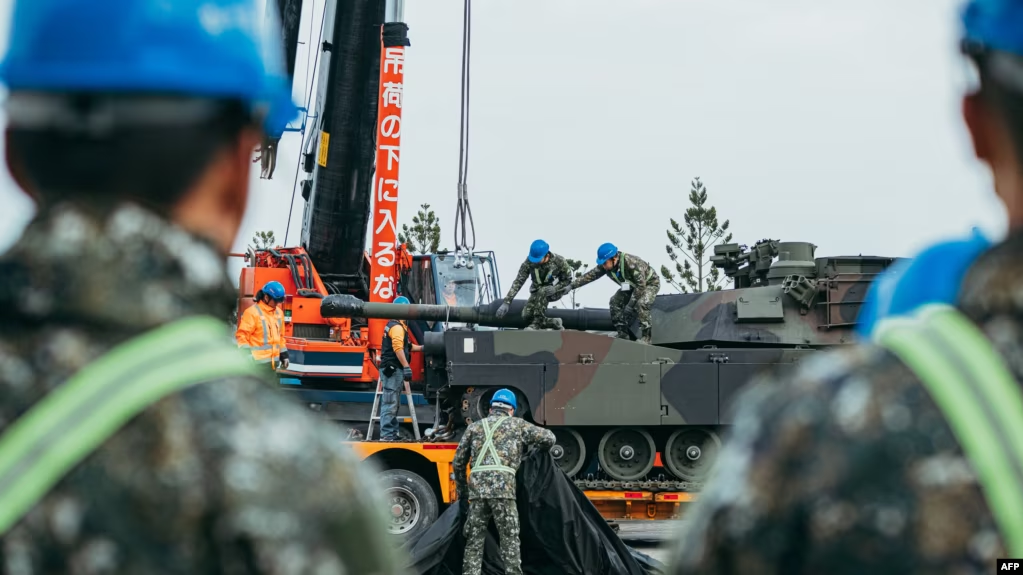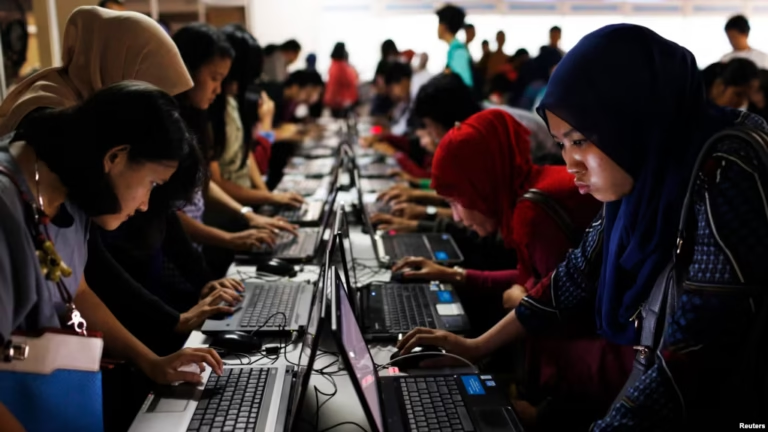
China has issued a stern warning to the United States, accusing it of “playing with fire” by providing military aid to Taiwan. This move has intensified tensions in the Asia-Pacific region and raised concerns about potential conflict.
Why China Opposes US Military Aid to Taiwan
The Chinese government views Taiwan as an inseparable part of its territory under the “One China” principle. Any form of foreign military assistance to Taiwan is seen as a violation of China’s sovereignty.
China’s objections include:
- Claiming that US military aid undermines regional stability.
- Accusing the US of interfering in its internal affairs.
- Warning of severe consequences if Taiwan continues to receive such support.
Beijing has repeatedly stated that reunification with Taiwan is non-negotiable, whether achieved through peaceful means or force.
US Reasons for Sending Military Aid to Taiwan
The US justifies its military assistance to Taiwan as part of its commitment to regional security and maintaining peace in the Asia-Pacific. Key reasons for this decision include:
- Strengthening Taiwan’s self-defense capabilities against potential threats.
- Upholding the Taiwan Relations Act, which obligates the US to support Taiwan’s defense.
- Countering China’s growing influence and assertiveness in the region.
The US argues that its actions are not meant to provoke China but to ensure stability and deter aggression.
Potential Consequences of US Military Aid to Taiwan
This move has escalated tensions between the US and China, leading to concerns about broader implications, including:
- Increased military presence in the Taiwan Strait.
- Economic retaliation from China, such as sanctions on US companies.
- Heightened risk of accidental conflict or miscalculation.
The international community is closely monitoring the situation, urging both sides to exercise restraint.
How the Taiwan Issue Impacts Global Stability
The Taiwan issue is more than a regional matter; it has global implications. The Taiwan Strait is a vital trade route, and any conflict could disrupt global supply chains and economies.
Efforts to address the tensions should focus on:
- Encouraging dialogue between the US and China to prevent further escalation.
- Supporting peaceful solutions that respect all parties involved.
- Strengthening international frameworks to manage disputes in the Asia-Pacific.
The path forward requires diplomacy, mutual understanding, and a commitment to maintaining peace and stability in the region.



